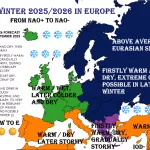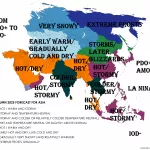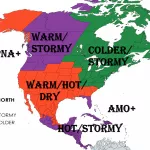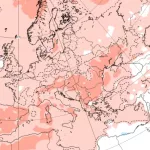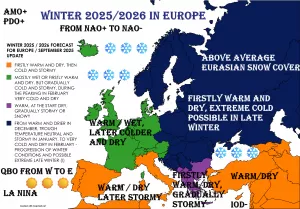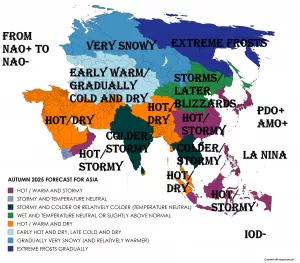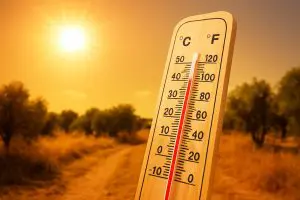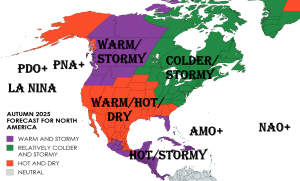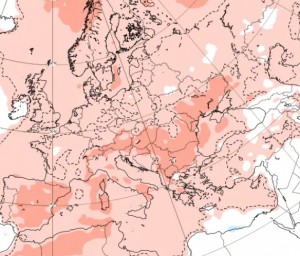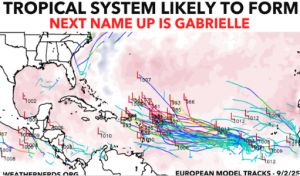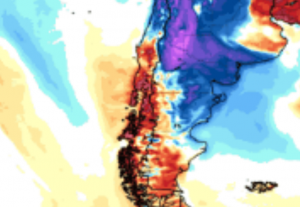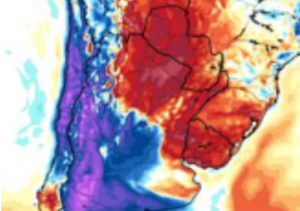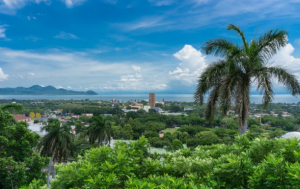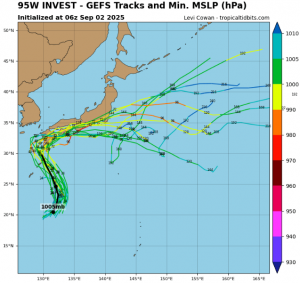
As June 2025 begins, a powerful wave of heat is sweeping across the tropics — and Gabon is no exception. In fact, the Central African nation just experienced its hottest June night in recorded history, as extreme temperatures continue to shatter climate norms in a region long accustomed to humid equatorial conditions.
🌡️ A Historic Tropical Night
On the very first night of June, the coastal city of Port-Gentil, Gabon’s economic hub, recorded a minimum temperature of 26.9°C (80.4°F). This is officially the highest June minimum ever recorded in the country. Not far behind, the capital city Libreville also set a local record with a nighttime low of 26.5°C (79.7°F) — a temperature more typical of daytime highs in many parts of the world.
These unusually warm nights are part of a broader pattern of persistent and intensifying heat affecting Gabon — and much of tropical Africa — in recent years. Unlike dry heat events, tropical heatwaves come with suffocating humidity, making them particularly dangerous. When nights fail to cool down, the human body loses the opportunity to recover from the stress of daytime heat, increasing the risks of heat exhaustion, cardiovascular stress, and sleep disruption.
🌍 Why Tropical Nights Matter
Unlike temperate zones, where heatwaves often strike with dramatic daytime highs, tropical heat is relentless both day and night. Hot nights are particularly dangerous because they eliminate the natural cooling cycle necessary for human health, agriculture, and infrastructure. Persistent high minimum temperatures stress crops, livestock, and energy systems, especially in areas with limited access to cooling.
In coastal regions like Port-Gentil and Libreville, the combination of urban heat island effects and warm oceanic air masses intensifies this effect. Ocean temperatures along the equatorial Atlantic have also been running higher than average, feeding moisture and heat into Gabon’s nighttime skies.

Illustration picture : Ivindo National Park.

